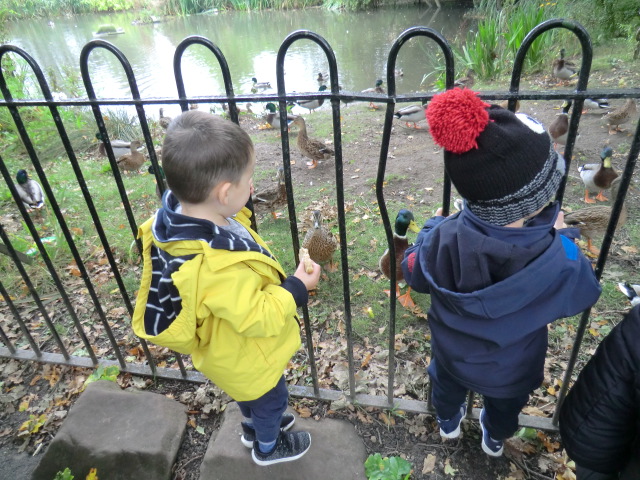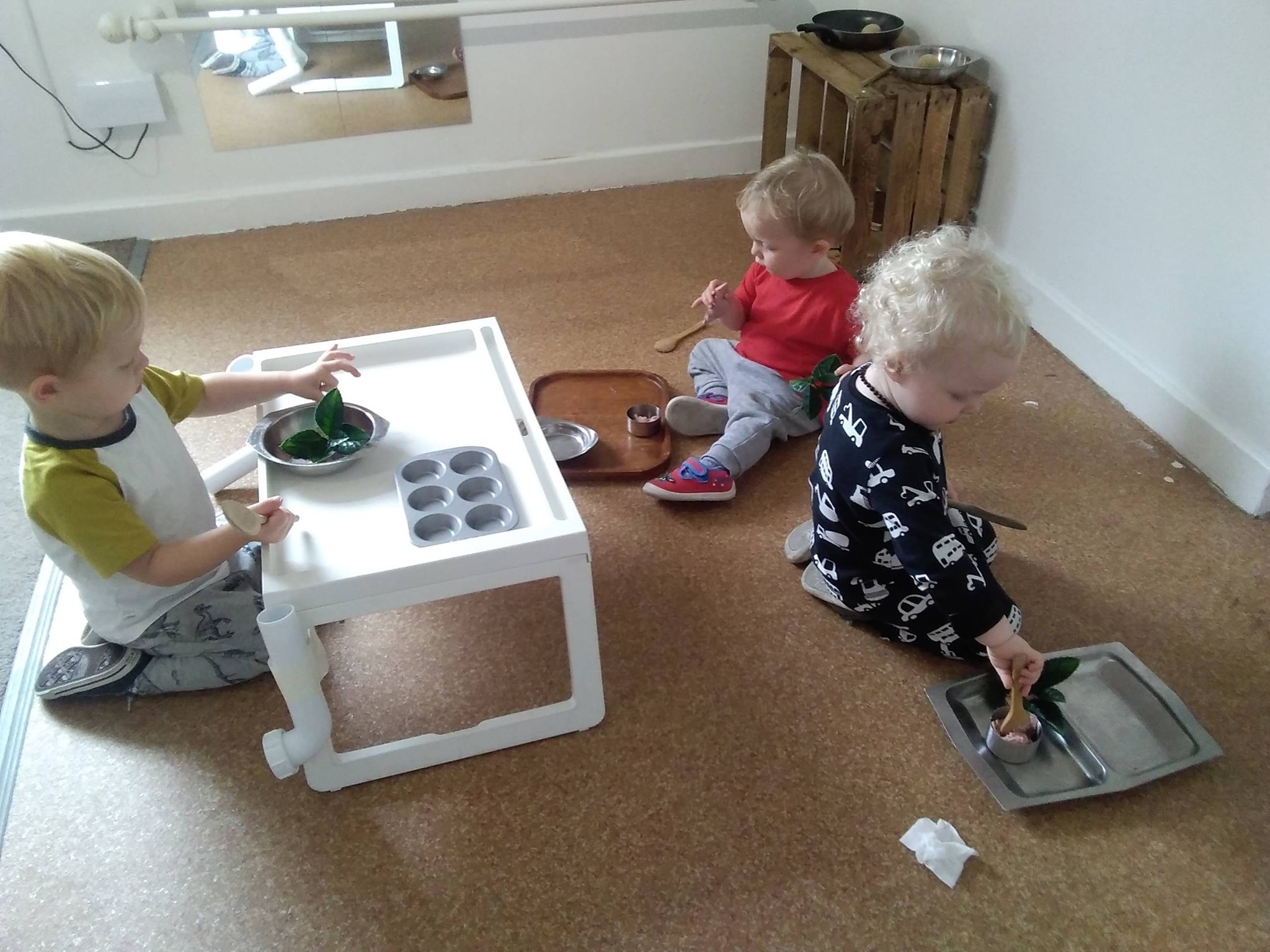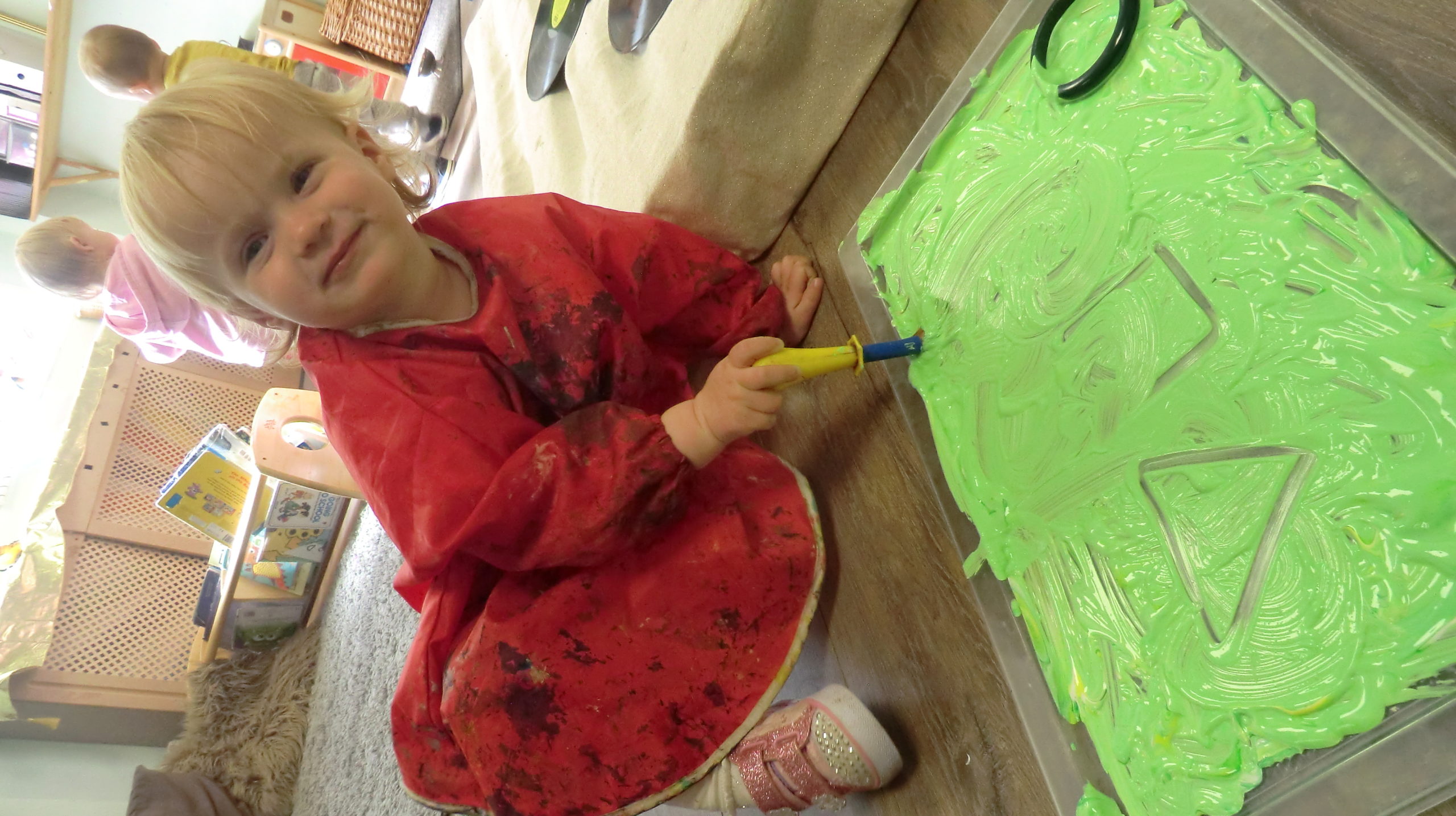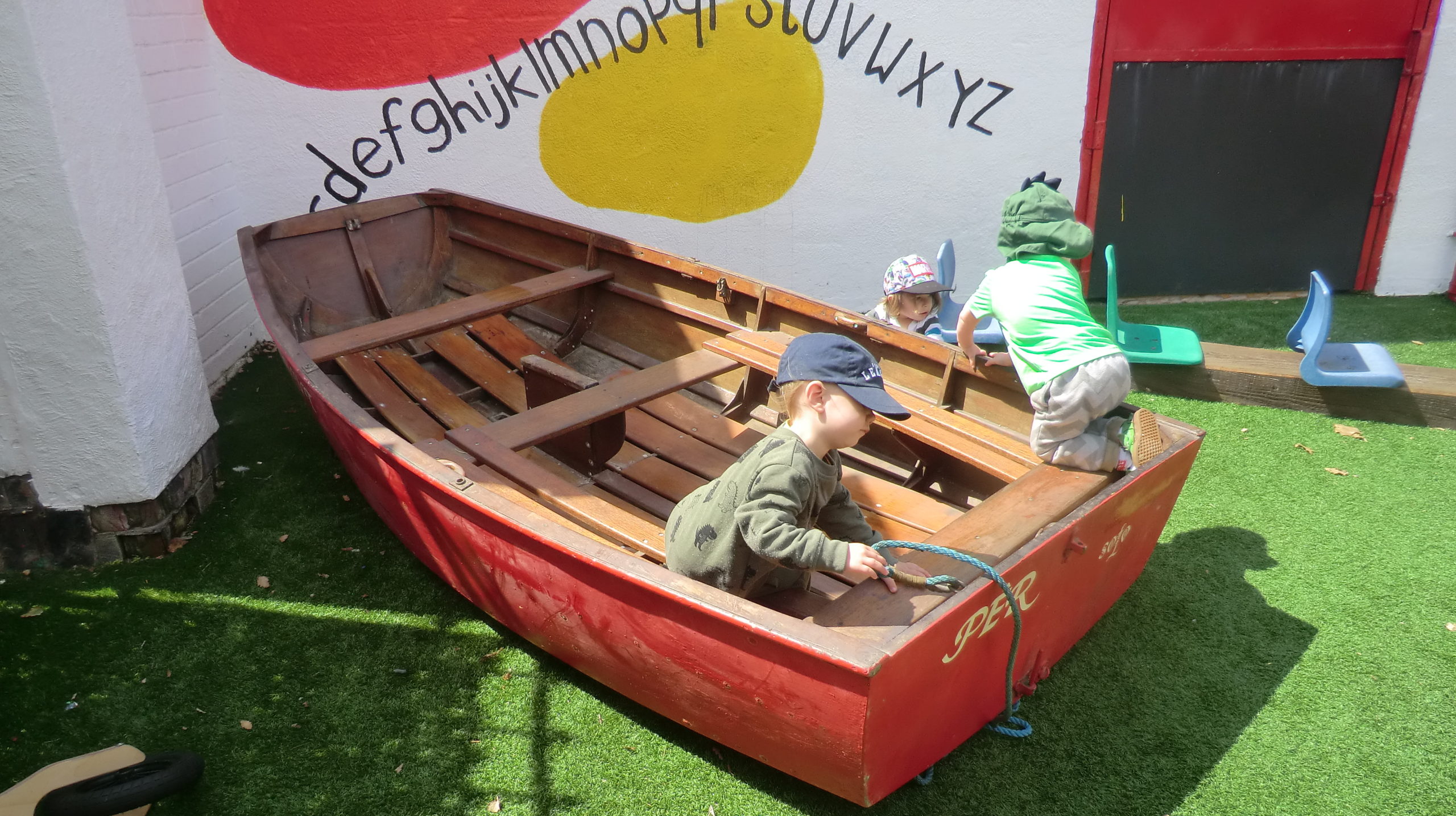“I absolutely adore Habla and all of the staff. My little girl is so happy there and the staff really do go the extra mile to be helpful and supportive of us. My daughter is already saying a few words in Spanish and considering she is only just learning to say words in English that’s amazing! I’m so glad I chose this nursery and couldn’t recommend it enough! Thank you!”
Habla Upton
To find out more about our setting in Upton, Wirral call or email us.
hablaupton@outlook.com
0151 678 5544
Habla Formby
To find out more about our setting in Upton, Wirral call or email us.
hablaformby@outlook.com
01704 833 039
About Habla Bilingual Nursery
Established in 2017 in Upton, Wirral and with a second setting opening in Formby in Summer 2021, our mission is to provide an environment that allows each child to feel safe, secure and happy and enables them to flourish and achieve to their full potential.
Habla Day Nursery aims to provide a happy, secure, stimulating, bilingual environment, which will support and challenge children in their exploration of the world around them. Through play and through interaction with friendly, well-qualified practitioners, the child can further his/her skills and understanding without fear of failing.
Play is children’s work; it is natural, essential and instinctive. Children learn through play. They learn willingly and learn much. Children learn to co-operate, formulate and share ideas and to express their feelings and frustrations. They learn to use their imagination, to imitate, to share, to experiment, to explore and most importantly to communicate with others.
They develop their language and physical skills and learn creative thinking across the curriculum. This basic learning is an essential part of the educational process that goes on, not only in school, but also throughout life.
What do we eat?
We have a two week rolling menu which includes breakfast, lunch, snack and tea. All of our meals are prepared fresh on site, allowing us to easily cater for specific dietary requirements. Our menus are designed to introduce children to a broad variety of dishes including some Spanish favourites. The menus are inspired by the Children’s Food Trust Eat Better, Start Better Programme which “has been developed to meet the national voluntary food and drink guidelines for early years’ settings and to meet the nutritional requirements of children aged one to five years.” and are developed in consultation with a nutritionist.
More information can be found on their website
What’s on the menu?
Click here to download our weekly menu.
Our Team
Both our Spanish and English speaking staff are highly qualified and experienced nursery practitioners and Early Years teachers. Our management team includes our manager who has over 23 years’ experience in education, including 13 specialising in Early Years and consulting in Quality Assurance in day nurseries. Our deputy manager has a level 4 SENCO accreditation and is also our Designated Safeguarding Lead. All of our team have Paediatric First Aid training and regularly undertake continuous professional development.
In the news
https://www.nurseryworld.co.uk/nursery-world/news/1162445/bilingual-spanish-nursery-opens
https://www.liverpoolecho.co.uk/news/liverpool-news/kids-aged-young-six-months-13711685

Links with our community including visits to a local residential home.

Enriching experiences both within the nursery setting and out and about.

An exciting and stimulating environment designed to inspire curiosity, awe and wonder.

Real life authentic resources that encouraged open ended play opportunities.

Support children's learning and development both indoors and outdoors with opportunities to explore, be active and be critical thinkers.

Support children to develop self-confidence, independence and resilience and offer equal opportunities to each child by following their own interests and needs.
![bilingual brain poster 1[26364]](https://habladaynursery.co.uk/wp-content/uploads/2020/07/bilingual-brain-poster-126364.jpg)
Why Bilingual?
Bilingualism can be a great tool for developing your child’s full capabilities. It not only gives them the gift of speaking a second language, but has great benefits for their development, as babies and young children, as well as for their future.
Young children’s brains are primed with everything they need to learn a language in a way that adult’s brains are not. This makes it easier for them to become bilingual. Below is a list of some of the key advantages commonly associated with spending time in a bilingual environment from an early age.

- Ability to communicate in other countries
- Increased job opportunities
- Easier to learn another language later in life

- Bilingual children are on average better at problem solving and creativity
- Stronger early reading skills
- Increased ability to focus on mental tasks
- Ability to puzzle out ideas and surroundings whilst still pre-verbal infants
- Stronger skills in their first language

- Better equipped to immerse themselves in other countries
- Increased tolerance for other cultures
- Greater interest in socialising
Will my child become bilingual?
They will find learning the language later in life very easy, as this will give them the start they need. It is also important to remember that speaking a second language is only one of the benefits of our bilingual environment.
What are the benefits of a bilingual environment?
What are the disadvantages?
How does it work?
What is the best age to start learning a new language?
Gaining such a level of knowledge in Spanish at this age makes continuing to learn and speak the language later in life much easier. It also makes learning another language a lot simpler too. All children now study a language at Primary school in key stage 2 and on the Wirral, Spanish is the most common language taught.


















